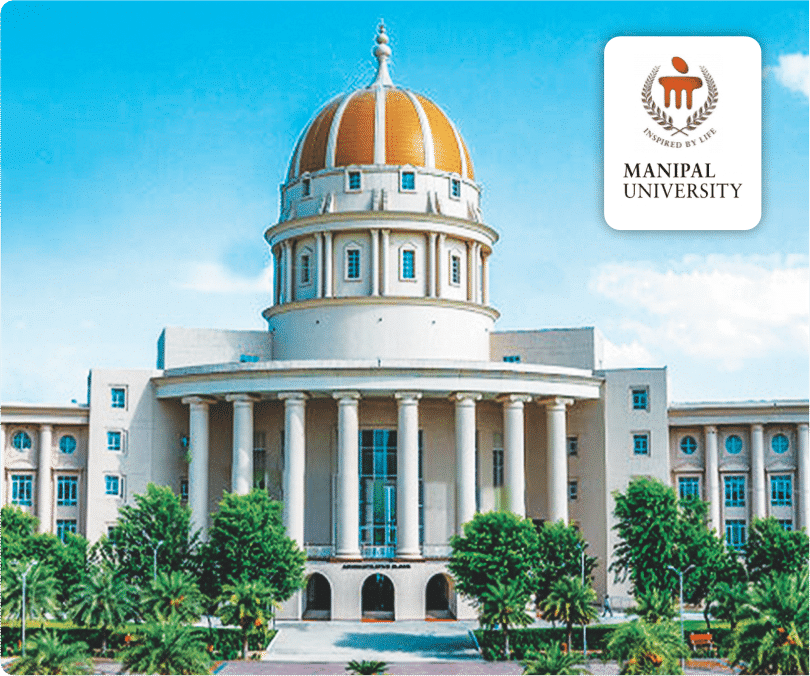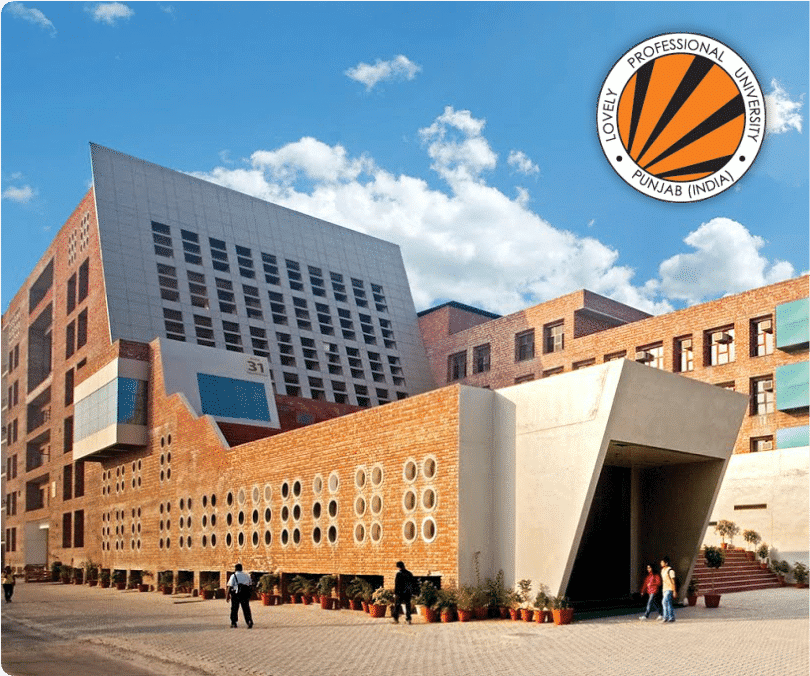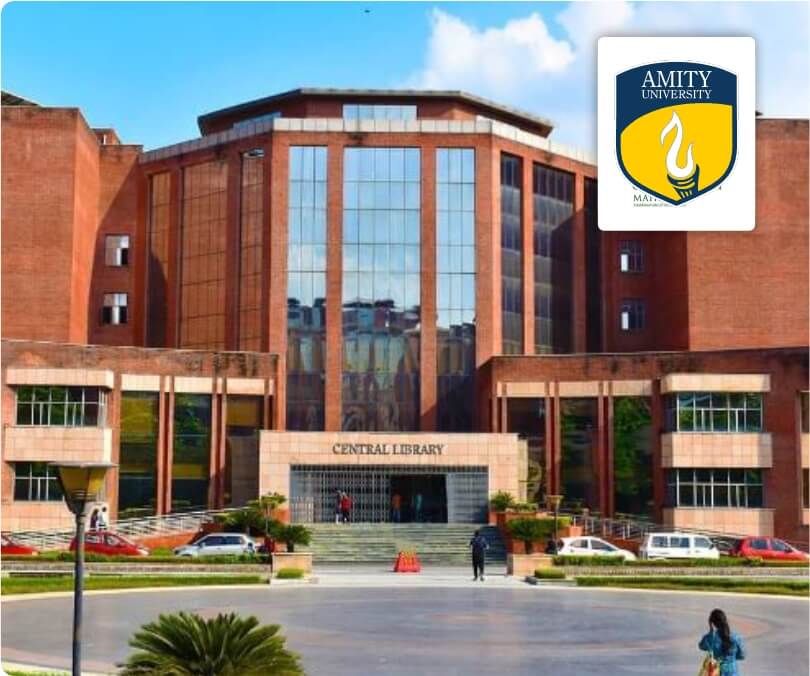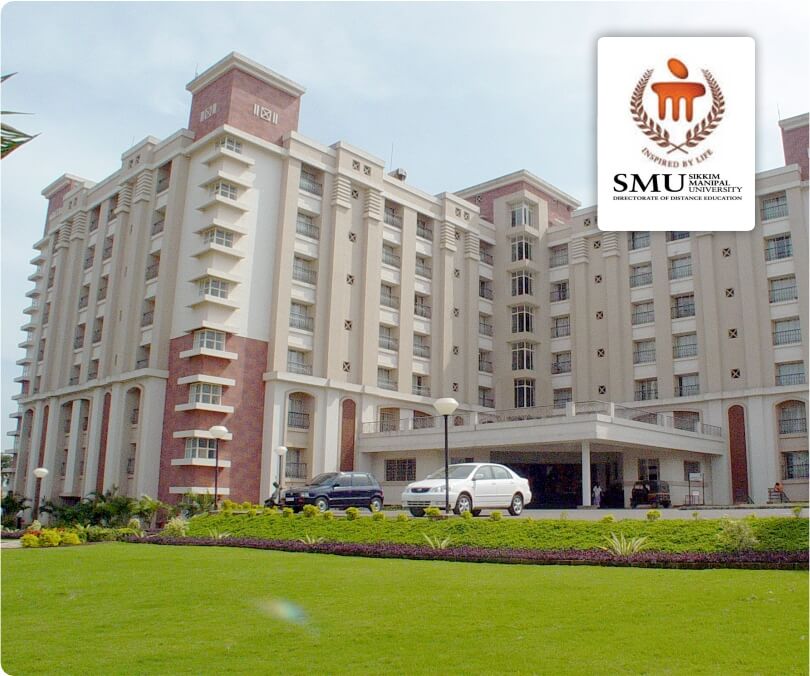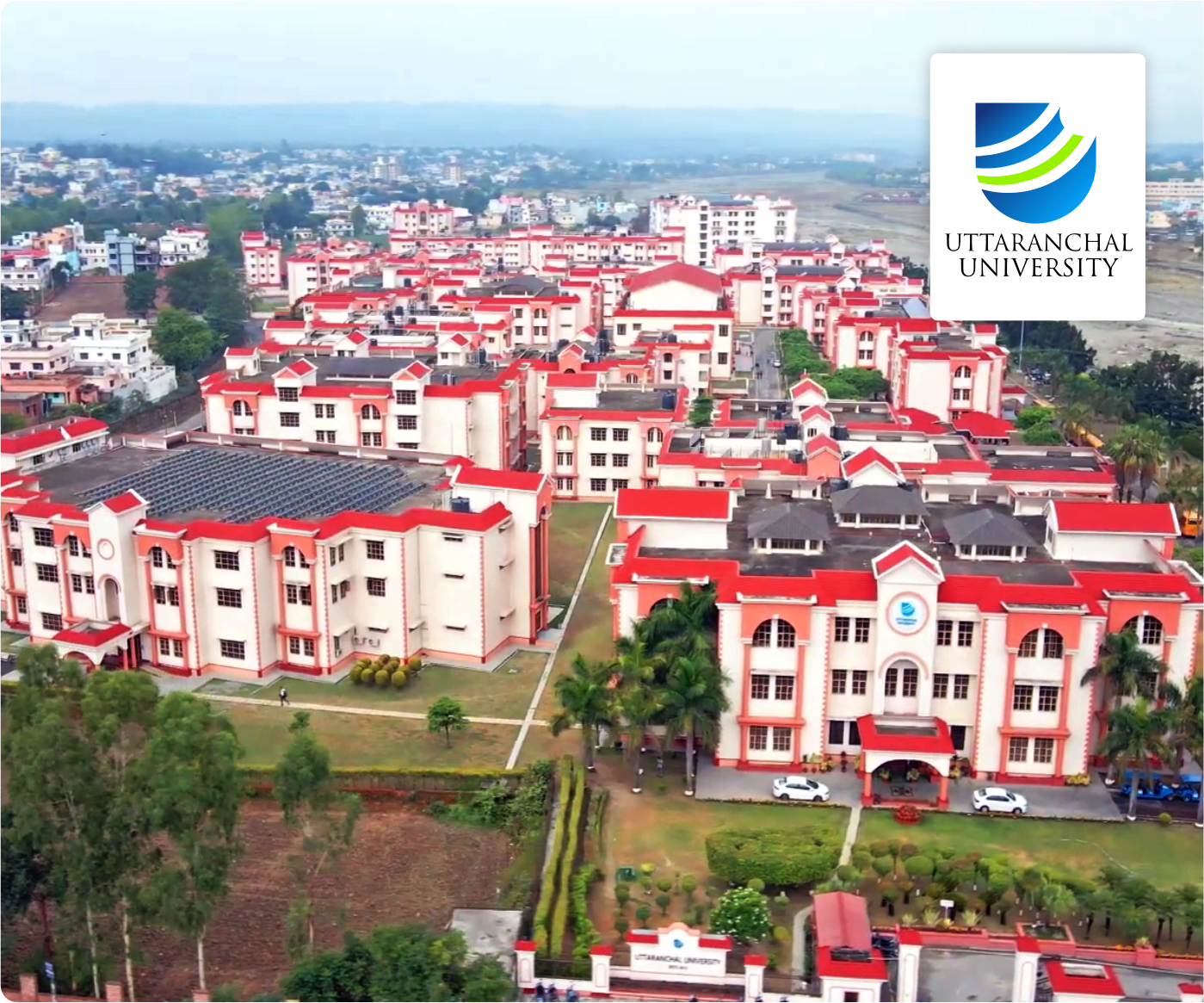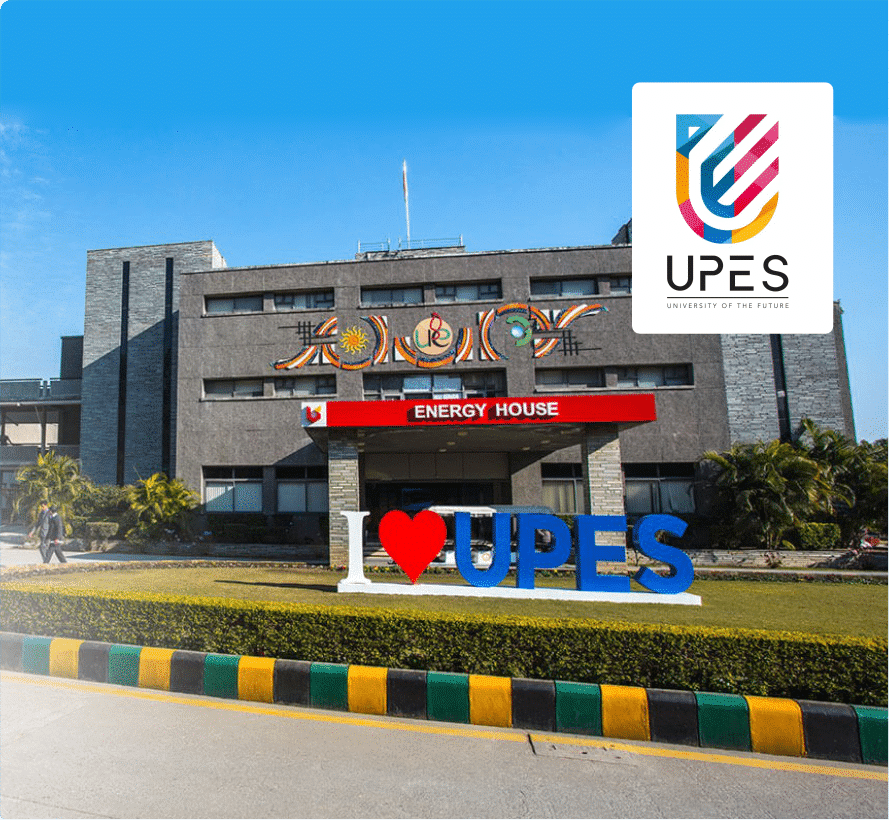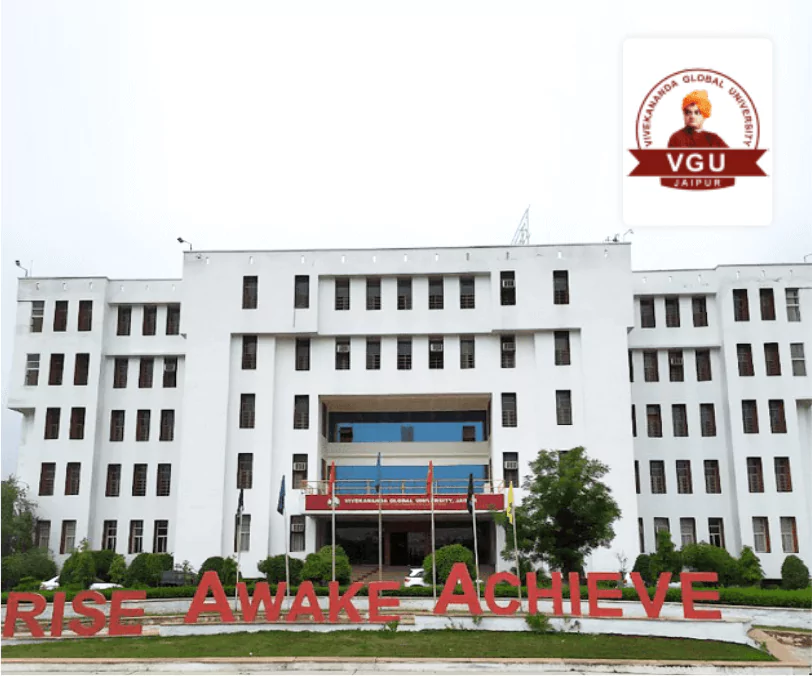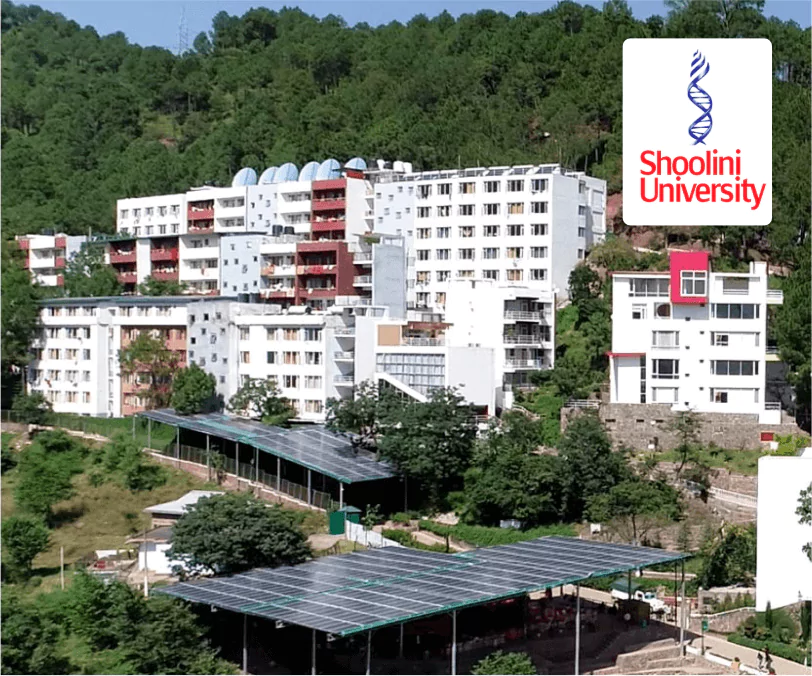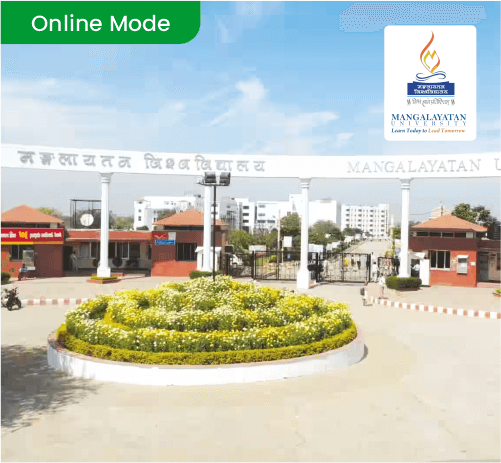
What is MA in English Distance Education?
MA in English distance education refers to a postgraduate degree program in English literature that can be pursued through online or correspondence modes. It offers flexibility in terms of time and location, allowing individuals to study at their own pace while maintaining other commitments. The curriculum typically includes a comprehensive study of various genres of literature, critical analysis, language proficiency, and research skills.
Benefits of Pursuing MA in English through Distance Education
Distance education offers several advantages for those aspiring to pursue an MA in English. Firstly, it provides flexibility in terms of time and location, allowing individuals to study from the comfort of their homes or any place of their choice. Secondly, it allows students to maintain a balance between work, personal life, and education. Additionally, distance education programs often provide access to a vast array of digital resources, online libraries, and interactive learning platforms.
UGC-Approved Distance Colleges for MA in English
When considering distance education, it is crucial to choose a UGC-approved college to ensure the quality and recognition of your degree. Some top UGC-approved distance colleges offering MA in English include:
| College Name | Location |
|---|---|
| Indira Gandhi National Open University (IGNOU) | New Delhi, Delhi |
| Symbiosis Centre for Distance Learning (SCDL) | Pune, Maharashtra |
| Annamalai University - Directorate of Distance Education | Annamalainagar, Tamil Nadu |
| University of Mumbai - Institute of Distance and Open Learning (IDOL) | Mumbai, Maharashtra |
| Madurai Kamaraj University - Directorate of Distance Education | Madurai, Tamil Nadu |
| University of Delhi - School of Open Learning (SOL) | New Delhi, Delhi |
| Alagappa University - Directorate of Distance Education | Karaikudi, Tamil Nadu |
| Karnataka State Open University (KSOU) | Mysore, Karnataka |
| University of Madras - Institute of Distance Education | Chennai, Tamil Nadu |
| University of Calicut - School of Distance Education | Calicut, Kerala |
Popular MA English Distance Education Courses
The programs offer a diverse range of courses to cater to different interests and career goals. Some popular courses include:
| Course Name | Description |
|---|---|
| Literary Theory | Study of various literary theories and analysis |
| English Language | Focus on language proficiency and linguistics |
| British Literature | Exploration of British literary works |
| American Literature | Study of American literary works |
| Comparative Literature | Comparative analysis of literary works |
Eligibility Criteria
| Eligibility Criteria |
|---|
| A bachelor's degree in any discipline from a recognized university. |
| Minimum aggregate marks as specified by the respective college or university. |
| Some colleges may require English as a subject at the undergraduate level. |
Admission Process
The admission process varies from college to college. Generally, it involves the following steps:
| Steps in Admission Process |
|---|
| Submission of the application form along with relevant documents. |
| Entrance exam or merit-based selection, depending on the college's requirements. |
| Payment of the requisite fees upon selection. |
Career Opportunities
Completing an MA in English through distance opens up various career opportunities, including:
| Career Opportunities |
|---|
| Content Writing and Editing |
| Teaching and Research |
| Publishing |
| Journalism |
| Public Relations |
| Copywriting |
Why Choose Distance Education for MA in English
Choosing distance education for your MA in English comes with many benefits. Here’s why it could be a great option for you:
Learn at Your Own Pace: Distance education lets you study whenever and wherever you want. You can learn at your own speed, making it easier to balance your studies with other responsibilities like work or family.
Affordable Fees: Distance learning is often more affordable than traditional classroom-based courses. This helps you save money while still earning a respected degree.
Study from Anywhere: No matter where you live, you can access quality education from top universities. Distance education removes the need to relocate, so you can study from the comfort of your home.
Convenience: You can learn at your own convenience. Whether you’re at home, on the go, or traveling, you can easily access your study materials online.
Tips for Success in MA in English Distance Education
To do well in your MA in English distance education program, here are a few simple tips:
Make a Study Plan: Create a study schedule that works for you. Set aside time for each subject and stick to your deadlines. A plan will help you stay organized and avoid falling behind.
Use Online Resources: Many distance education programs offer online libraries, recorded lectures, and other digital tools. Use these to enhance your learning and find extra study materials.
Join Online Discussions: Participating in online forums or study groups is a great way to learn from your classmates. You can ask questions, share ideas, and get different perspectives on your studies.
Stay Focused and Motivated: Distance education requires self-discipline. Keep a regular study routine, avoid distractions, and stay motivated to finish your assignments on time.
Conclusion
Pursuing a UGC-approved MA in English distance education program can be a fulfilling and enriching experience, enabling individuals to delve into the world of literature while maintaining their personal and professional commitments. By choosing the right distance college and exploring the diverse courses available, you can pave the way for a successful career in the field of English literature. Remember to carefully consider the eligibility criteria, admission process, and career prospects before making your decision. Good luck on your educational journey!
Frequently Asked Questions (FAQs)
Q1. Is an MA in English earned through distance education equally valuable as a traditional degree?
Ans: Yes, an MA in English earned through distance education holds the same value as a traditional degree. Accredited institutions offering online programs ensure that the curriculum, standards, and learning outcomes are equivalent to those of their on-campus counterparts.
Q2. Can I interact with professors and classmates in a distance learning MA in English program?
Ans: Yes, online programs facilitate interactions with professors and classmates through virtual classrooms, discussion forums, email, video conferencing, and collaborative projects. Students can engage in meaningful discussions and receive personalized feedback.
Q3. Are there opportunities for research and thesis work in MA in English distance education programs?
Ans: Yes, many MA in English distance education programs offer research opportunities and require students to complete a thesis or research project. Students work closely with advisors and have access to digital libraries and resources to support their research.
Q4. How can I ensure the credibility of an online institution offering an MA in English program?
Ans: It is crucial to research and select accredited institutions that are recognized for their quality online programs. Check for accreditation from reputable accrediting bodies and verify the institution’s reputation, faculty credentials, and alumni success.
Most Popular Blogs

Online BCA Courses in Jain University Online

Distance Education at Pondicherry University

Top 4 colleges to pursue Distance BBA in Andhra Pradesh

What are the top distance BSc colleges in Kerala

Know about the top 3 distance BCom universities in Madhya Pradesh


